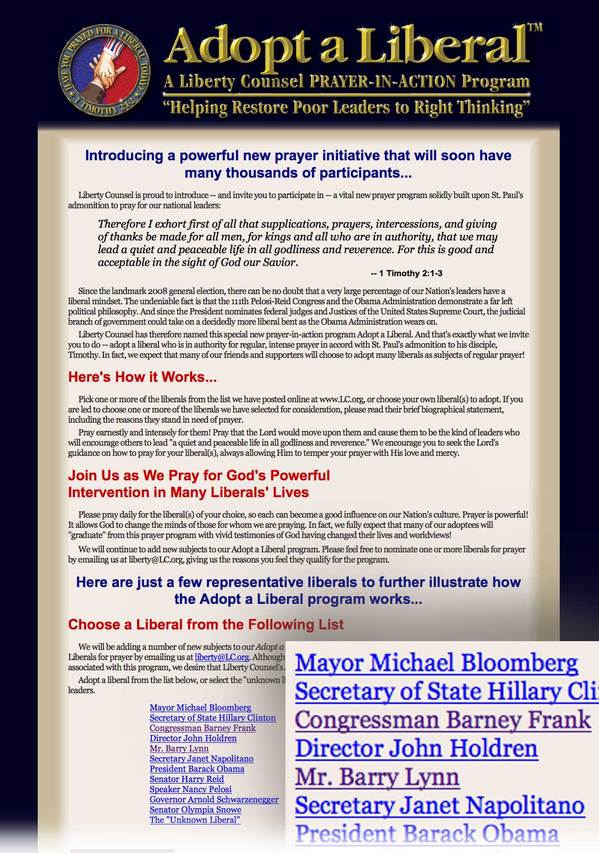Jay, a few thoughts:
The Ten Commandments, as you and Judge DeWeese seem to believe, don’t represent an “absolute,” any more than the allegedly “relativist” proposals which seem to upset you. It’s impossible to claim the Ten Commandments aren’t open to interpretation.
For example, would there be an exception to “Thou shall not kill,” for those who do so in self defense? What about “Thou shalt not commit adultery?” Should we give it the Twenty-First Century meaning, or revert to its original meaning: sex with a married woman (single women OK) or by a married woman? Our mutual friend Alan Dershowitz has done some wonderful writing about this over the years.
What the Ten Commandments does is provide us with a generalized sense of right or wrong . But there are many different versions and interpretations of the Decalogue. It’s just as morally “absolute” or “relative” as the Humanist Manifesto.
You also make the point that the U.S. Supreme Court has upheld Ten Commandments displays. I would like to remind you of a case you seem to have forgotten, McCreary County v. ACLU of Kentucky, which was heard on the same day as your Van Orden case. The high court in McCreary struck down Decalogue displays at two Kentucky courthouses because it found the purpose of the displays was to advance a particular religious belief.
I don’t see how Judge DeWeese is doing anything different here. A district court has already told him that he had to remove his previous display of the Ten Commandments. To bypass that court ruling, he has now erected this new poster, which he has designed himself. He then declared that he will only follow “moral absolutes,” which based on his poster makes it clear that means the Ten Commandments. It’s patently obvious that his intent here is to promote his religious beliefs in the court room. Like others before him, including Alabama’s Judge Roy Moore, higher courts will continue to remind him of the error of his ways.
What worries me most is whether Judge DeWeese plans to base his decisions of law on his faith. I think the Constitution and our Founding Fathers have made it clear that our government and our laws should never be based on the tenets of one particular religion, not even the most prominent or powerful.
Judge DeWeese seems to think he is clever. I’d just say he was wrong.
To subscribe to “Lynn v. Sekulow” click here.

